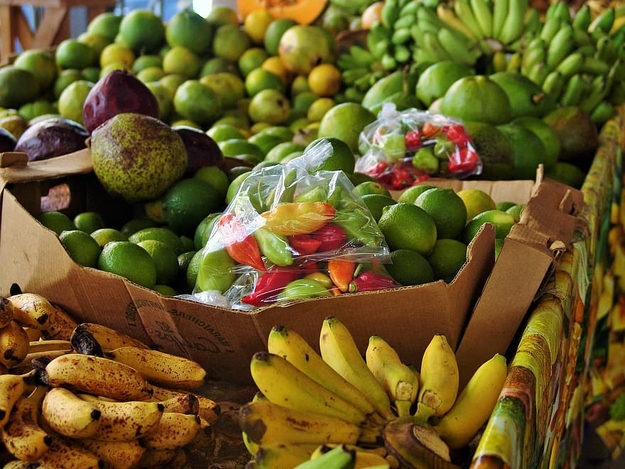The process of creolisation dates back to the late 1400's; where explorers of the ‘New World,’ sought to exploit the new land. In turn, the impact of these exploitative ventures became a catalyst of cultural influences. There were new imports of flora and fauna and shared practices of farming and agriculture. Although we can depict food as a knowledge-sharing tool, yet again, its use throughout history was mainly to benefit colonisers. Thus, the nature of cross-cultural practices also posits an unethical experience.
In the present, the privilege of instant gratification is prevalent within a mainstream culture. In a Western oriented society, we can order food through take-out apps, and go to the store to buy products without thinking. In turn, there is a tendency to create a narrow lens towards other cultures. Instead of transcending over the wall, we continue to rebound; ergo, the cycle of historical ignorance spins.
So, how can we contribute, and participate in change? For starters, we should learn about the diversity of cultures and their participation via food. There are many academic articles, which are accessible through Google Scholar, and JStor. Alternatively, blogs and vlogs via youtube are also useful; an intern at Mediamatic wrote a research blog about food and Turkish culture.
Televisions shows also offer some good insight. With the rise in popularity of Chef's Table, Netflix also offers various mini series. These include, 'Ugly Delicious,' and their two part series 'Street Food: Asia and Latin America.' All of them provide insight on food, and cultural issues. Furthermore, these particular series, show the personal journeys of the chefs, and the love for their heritage.
If you have the free time, I encourage everyone to look into our upcoming dinner Code Noir. This dinner event creates an intriguing and thoughtful experience of Caribbean food. Firstly, the event is broken down into three components. It covers the Indigenous, European, and African influences on Caribbean cuisine. By creating separate sections, we are able to assess their cultural contributions.
Food is merely one piece of the giant cultural puzzle. When we research this segment, we can assess the good and bad impacts of globalisation.
Sources:
'Hog & Hominy: Soul Food from Africa to America'- Frederick Douglass Opie
Citation: OPIE, FREDERICK DOUGLASS. Hog and Hominy: Soul Food from Africa to America. Columbia University Press, 2008. JSTOR, www.jstor.org/stable/10.7312/opie14638. Accessed 26 Aug. 2020.
